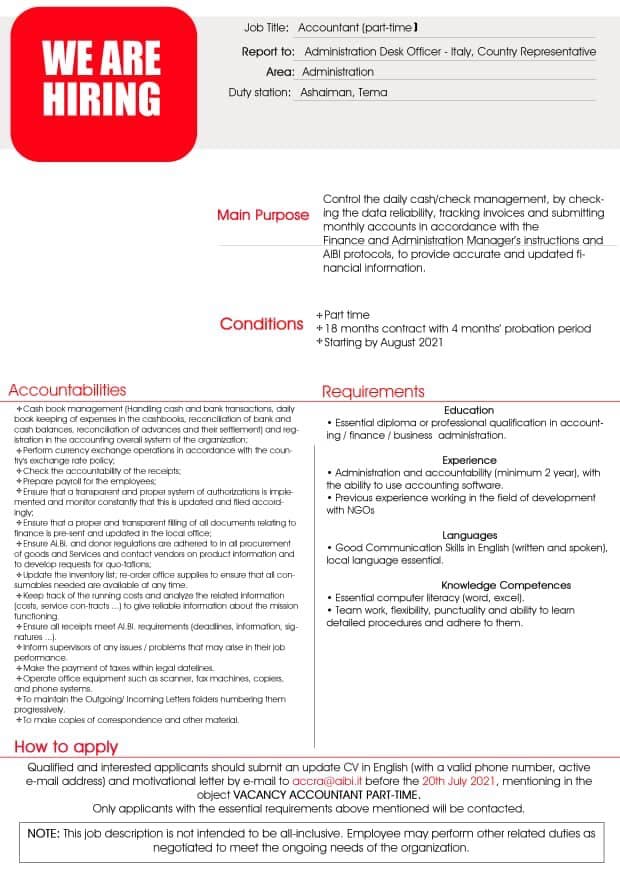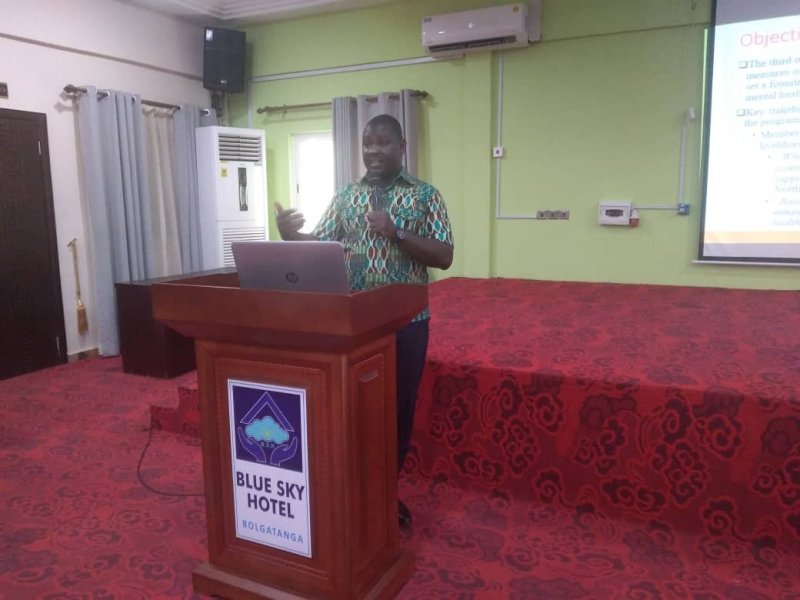Stakeholders at a Regional forum held in Bolgatanga of the Upper East Region have called on the government through the Ghana Health Service (GHS) to integrate mental health care into maternal and child health services.
This, they said would help detect mental health challenges during pregnancy and administer the appropriate services to ensure the healthy wellbeing of the mothers and their new born babies.
The stakeholders who made the call included Traditional Authorities, Civil Society Organizations, District Directors of the Ghana Health Service, Mental Help Self Groups and the Media among others.
The forum was organized to evaluate a Maternal Mental Health Programme (MMHP) dubbed: “Enhancing Maternal Mental Health and Livelihood of Vulnerable Pregnant Women and Mothers and their Children to Realise Maternal and Child Health in Ghana”.
It is being implemented by the BasicNeeds-Ghana a Civil Society Organization in Mental Health sector”.
The programme, which begun in 2015 with the CBM UK as the grant holder with funding from the UK Aid Direct, Jersey Overseas Aid and the Headley Trust had among its main objectives to contribute to the improvement of maternal and child health outcomes for poor, vulnerable girls and women and their children in Ghana.

BasicNeeds Ghana is implementing the project in the Greater Accra and Upper East Regions, Gub-Katimali Society (GKS) in the Northern Region, MIHOSO International (MIHOSO) in the Brong Ahafo Region and Centre for People’s Empowerment and Rights Initiative (CPRI) in the Upper West Region.
Mr Fred Nantogmah, the Knowledge and Communication Officer of Basic Needs Ghana, who is also the Programme Coordinator of the Maternal Mental programme indicated that many women went through perinatal mental illness alone without support because the condition was not identified by health workers or their families in good time.
“When women are screened for symptoms of mental health conditions during pregnancy and after delivery, it improves the chances of early treatment which contributes to the quality of life of pregnant women and new mothers”, he indicated.
He stressed that the achievement of the Sustainable Development Goal three would remain elusive if the mental health of women was not prioritized as it influenced mortality and quality of life of mothers and their children.
The Programme Coordinator indicated that the training of Healthcare Workers had led to the creation of awareness on mental health and screening for symptoms.
He added that the programme through the Self Help Groups (SHGs) had generally contributed to the improvement of the health and economic wellbeing of the women and their families.
He suggested to the Ghana Health Service to absorb the programme and integrate it into routine care especially adopting the screening tool for assessment to help ensure the early identification of maternal mental health issues and treatment.
Naba Baba Salifu Atamale Lemyaarum, the Paramount Chief of the Bongo Traditional Area, observed that integrating mental health services into maternal and child health services had a huge potential at improving the overall wellbeing of both mother and child.
The Upper East Regional Coordinating Director, Alhaji Mahamadu Azonko, who stood in for the Regional Minister, M Stephen Yakubu, lauded the partners particularly Basic Needs Ghana and the donors for the successful implementation of the programme and urged the stakeholders to help sustain it.




